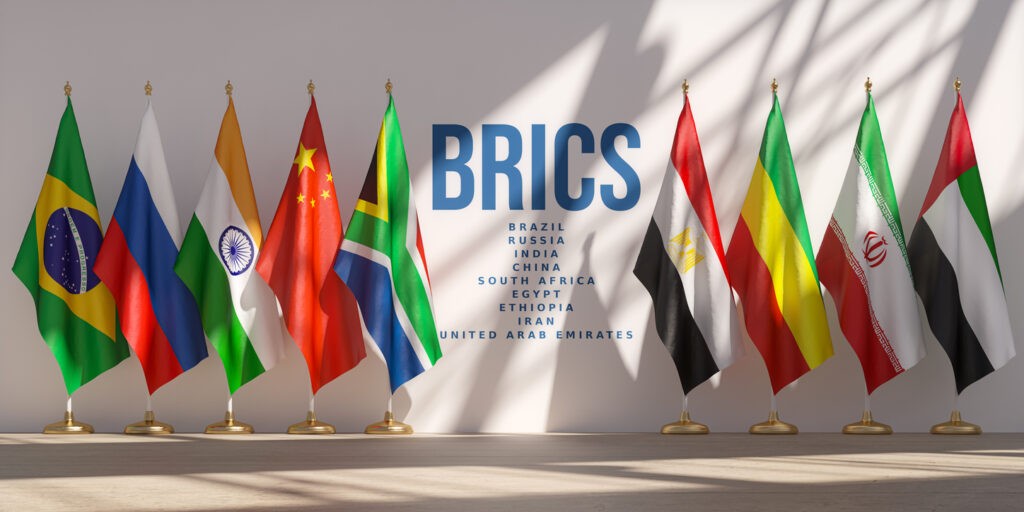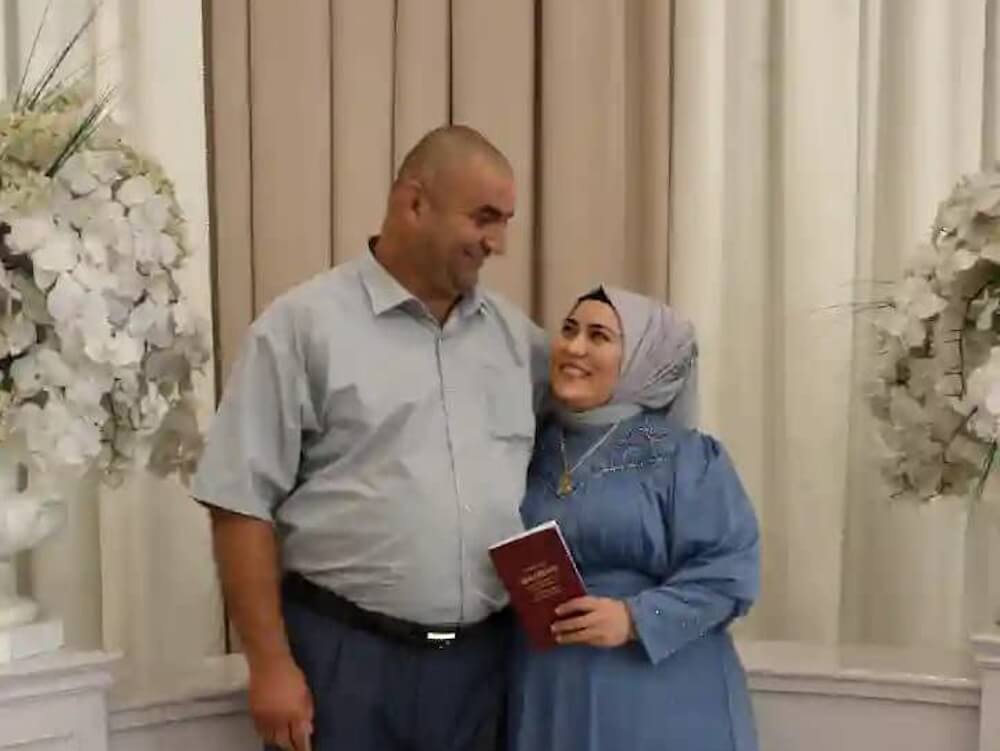You Can Now Pay Your Fare on Tashkent’s Subway with the Palm of Your Hand
The Tashkent subway has introduced a pilot project for the “MyID Palm” fare payment system, which uses biometric technology to identify passengers by the unique vein pattern in their palms. This innovative system was developed by local scientists in collaboration with the Ministry of Transport, the payment service “ATTO,” and Octobank. It marks a significant advancement in biometric identification for public transportation. The system relies on palm vein scanners to read each passenger's unique vein pattern. According to the developers, this data is securely protected against unauthorized access and forgery. The goal of the technology is to enhance both security and convenience in fare payments. Currently, “MyID Palm” devices have been installed at 12 stations along the Chilanzar line, where they are operating in test mode. Plans are underway to expand this system to all metro stations in Tashkent. To use the service, passengers need an “ATTO” transportation card and the associated mobile application to create a biometric profile. The activation process involves scanning their palm at a designated info kiosk located at one of the stations equipped with the technology. Testing of the palm payment system began in late October 2023, with Druzhba Narodov station becoming the first to enable this feature. Earlier, in September 2023, the Tashkent subway began testing a Face ID payment system, which allows passengers to pay their fare using facial recognition technology. These advancements signal a move toward a more modernized and user-friendly public transportation system in Uzbekistan's capital, with both residents and visitors benefiting from the improved efficiency and security of biometric payment solutions.
3 weeks ago






